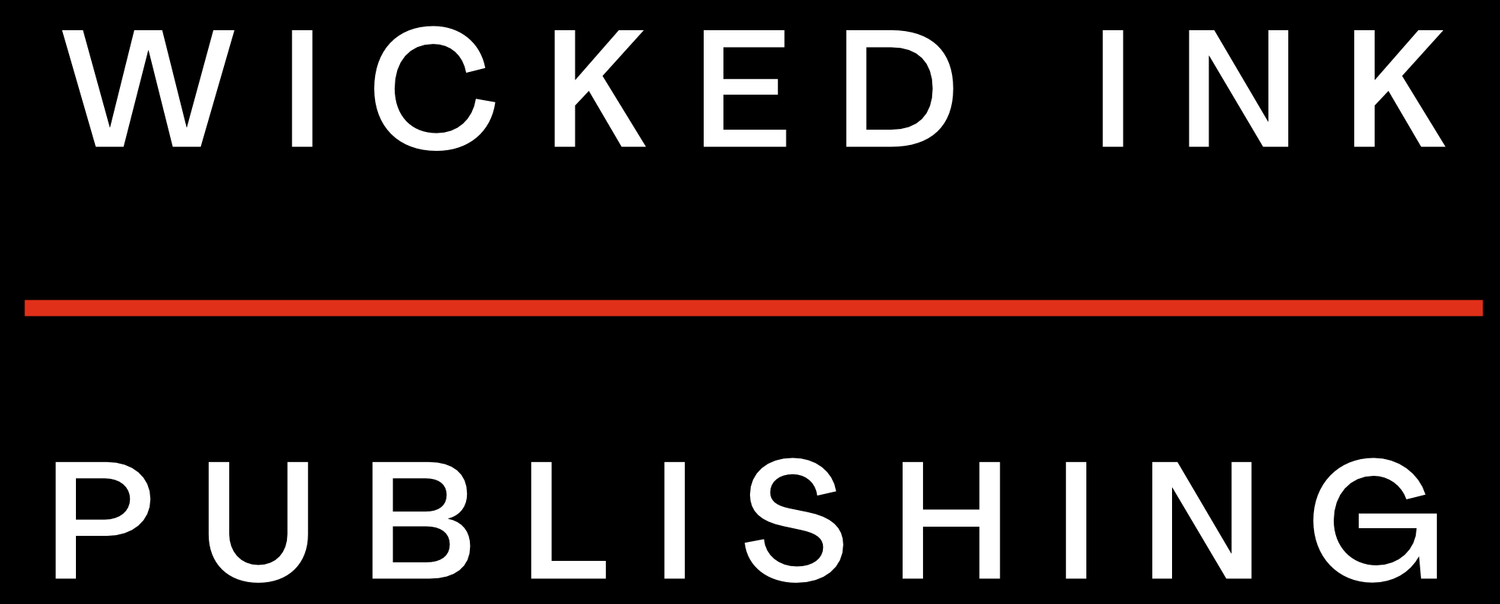10 Tips for Overcoming Writer’s Block & Boosting Creativity
Writer's block is a formidable foe that plagues even the most seasoned writers. It can strike when you least expect it, leaving you staring at a blank page and feeling utterly devoid of creativity. But fear not, for there are strategies and techniques to overcome this creative hurdle.
We'll explore ten valuable tips to help you conquer writer's block and rekindle your creative spark.
What is Writer’s Block?
Writer's block is a condition or creative obstacle that writers often encounter when they have difficulty generating new ideas, finding inspiration, or making progress on their writing projects.
It can manifest as a mental barrier that hinders the ability to write or as a sense of being stuck and unable to produce meaningful or coherent content. Writer's block can affect writers of all levels and across various forms of writing, including fiction, non-fiction, academic writing, poetry, and more.
Key Characteristics of Writer’s Block include:
📍 Lack of Inspiration
Writers with writer's block often struggle to find inspiration or creative ideas for their writing projects. They may feel that their well of ideas has run dry.
📍 Difficulty Starting or Continuing
Writer's block can make it challenging to begin a new writing project or to continue working on an existing one. Even if a writer has a clear goal in mind, they may find it difficult to put words on paper.
📍 Perfectionism and Self-Criticism
Writers experiencing writer's block may be overly critical of their own work, striving for perfection in their initial drafts. This self-imposed pressure can lead to hesitation and procrastination.
📍 Procrastination
Procrastination is a common symptom of writer's block. Writers may delay starting or working on their projects due to the anxiety and uncertainty associated with the creative process.
📍 Frustration and Demotivation
Writer's block can be emotionally draining, leading to feelings of frustration, self-doubt, and a loss of motivation to write.
📍 Physical Symptoms
In some cases, writer's block can manifest physically with symptoms like tension, restlessness, or even writer's cramp, which further hampers the writing process.
10 Tips for Overcoming Writer’s Block:
✅ Freewriting
One of the most effective ways to break through writer's block is to engage in freewriting. Set aside a specific amount of time, say 10-15 minutes, and just write without any expectations or restrictions. Let your thoughts flow freely onto the page. You might be surprised at the hidden gems that emerge during this process.
✅ Change Your Environment
Sometimes, a change of scenery can work wonders for your creativity. If you typically write at your desk, try moving to a different room, a café, or a park. A new environment can stimulate your senses and help you see your writing from a fresh perspective.
✅ Set Clear Goals
Establishing clear, achievable writing goals can provide you with direction and motivation. Whether it's a word count, a specific topic, or a deadline, having a goal in mind can help you stay on track and prevent procrastination.
✅ Embrace Routine
Creativity often thrives in consistency. Establish a writing routine that works for you, whether it's writing at the same time every day or dedicating a specific day of the week to writing. Over time, this routine can train your brain to be more creative during these dedicated sessions.
✅ Mindfulness and Meditation
Practicing mindfulness and meditation can help calm a racing mind and alleviate the stress that often accompanies writer's block. By learning to focus on the present moment, you can regain control of your thoughts and access your creativity more easily.
✅ Read Widely
Reading is like fuel for the creative mind. Explore a wide range of genres, topics, and writing styles. The more you read, the more diverse your sources of inspiration become, which can lead to new and innovative ideas.
✅ Collaborate and Brainstorm
Sometimes, a fresh perspective from a friend, colleague, or writing group can help you overcome writer's block. Engage in brainstorming sessions, bounce ideas off others, or seek feedback on your work. Collaborative efforts can lead to breakthroughs.
✅ Take Breaks
Don't underestimate the power of breaks. Stepping away from your writing for a few minutes or even hours can provide your mind with the rest it needs. During these breaks, engage in activities you enjoy, like taking a walk, listening to music, or practicing a hobby.
✅ Write Without Judgment
Perfectionism can be a major roadblock to creativity. Allow yourself to write without judgment during the initial draft. Remember that you can always revise and polish your work later. The first step is getting your ideas on paper.
✅ Use Writing Prompts
If you're struggling to come up with ideas, writing prompts can be a lifesaver. There are countless writing prompts available online, covering a wide range of topics and genres. Just pick one that intrigues you and start writing!
Writer's block is a common challenge for writers of all levels, but it's not an insurmountable one.
By implementing these ten tips into your writing routine, you can overcome writer's block and reignite your creativity.
Remember that everyone experiences creative slumps from time to time, so be patient with yourself and keep writing.
Eventually, the words will flow, and your creativity will flourish once again.

